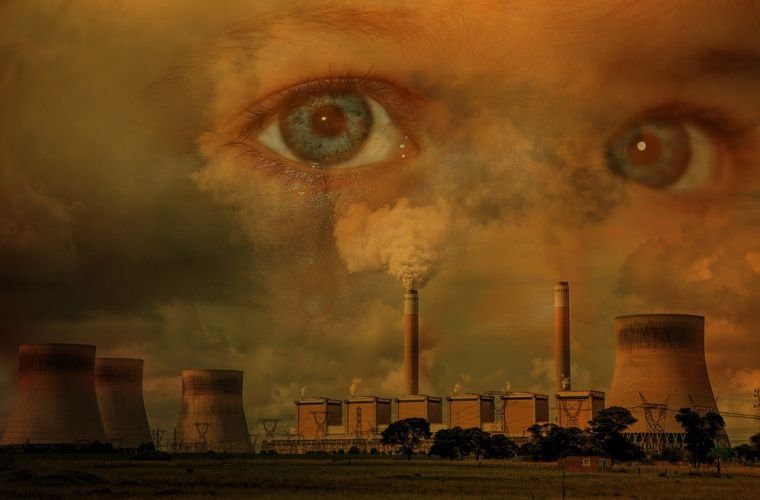Amid the recent news unfolding out of eastern Europe, the United Nations has released its most recent findings on the ongoing effects of climate change.
Not surprisingly, the report gave bleak predictions for where the planet is headed; when hearing this sort of news, many individuals may become stressed, anxious or depressed… and not surprisingly, there’s a name for this.
This occurrence is called eco-anxiety, and it’s been studied by many psychologists over the years. A recent review looking at climate change psychology noted that the effects of climate change can increase rates of suicide, worsen mental health conditions, and cause psychological distress. Thankfully there are a few ways to reduce these effects that can significantly help with mental wellbeing. In the wake of the UN climate report, having these techniques handy can help an individual feel more resilient, working on getting over eco-anxiety
Background: A Summary of the UN Climate Report
The report, released by the UN Intergovernmental Panel on Climate Change (IPCC), reads like a doomsday prediction. The report stated that if global warming isn’t limited to another couple tenths of a degree Celsius, extreme weather phenomena will occur, including fires, heatwaves, floods, and droughts, many of which will be irreversible. According to the report, individuals still alive in 2100 will experience four times more climate extremes than individuals now. Because almost half the world’s population lives and works in areas threatened by climate change effects, this news hits hard. The report emphasized that action needed to be taken now to help mitigate this process, inspiring many individuals to do their part.
Analysis: Cracking Open Eco-Anxiety
For those stressed about climate change, experts reveal several methods to help lower stress and depression. One technique is to prepare for the worst by developing an emergency kit with all the essentials. Having an emergency kit and plan can help an individual feel more in control of the situation, reducing anxiety. Another method is to adjust one’s lifestyle to be more environmentally friendly. Whether it’s composting, saving water in rain barrels, ordering from eco-friendly stores, or gardening, there are many ways to make a difference. In doing a part, a person will feel less stressed about the coming changes, knowing their work is helping to make a difference.
Outlook: Eco-Anxiety is Normal
It can be all-too-common for individuals to judge themselves for feeling stressed about climate change. According to the communications director at Force of Nature, Kalpana Arias: “Eco-anxiety is a healthy response, and it shows you that you are awake to the world’s issues.” Because many people think eco-anxiety needs to be “fixed” or “cured,” this can cause eco-anxiety to have negative connotations, which are inaccurate. As climate change continues to worsen our planet, eco-anxiety will continue to rise. Because of this, it’s important to stop the judgment surrounding this issue, allowing more individuals to move forward in their lives. With this rise in eco-anxiety, there needs to be more encouragement to have conversations about eco-anxiety, creating communities of support for individuals who are affected. In this way, the support systems are another reminder that everyone is working together to better our planet and each other.
Kenna Castleberry is a staff writer at the Debrief and the Science Communicator at JILA (a partnership between the University of Colorado Boulder and NIST). She focuses on deep tech, the metaverse, and quantum technology. You can find more of her work at her website: https://kennacastleberry.com/

